-
Geoffrey Joe wrote a new post 5 years, 10 months ago
Fowl pox is caused by a pox virus and mostly affects chickens. There is also a pigeon pox virus and a turkey pox virus.
There are three possible ways in which the virus can be spread:
Commonly, the virus is […]
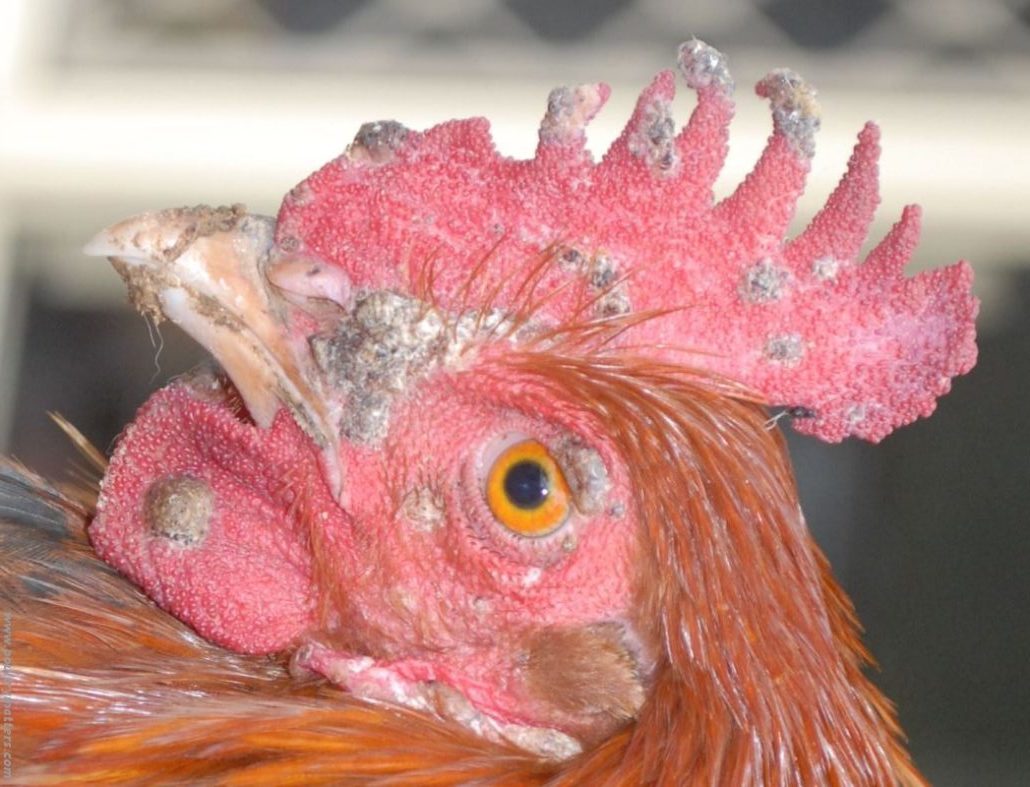
-
Geoffrey Joe wrote a new post 5 years, 10 months ago
Bloat causes severe losses in the major dairying areas of Africa each year. Cow deaths and lower milk production are the result of an excessive accumulation of gas in the rumen (paunch) which can not be belched […]
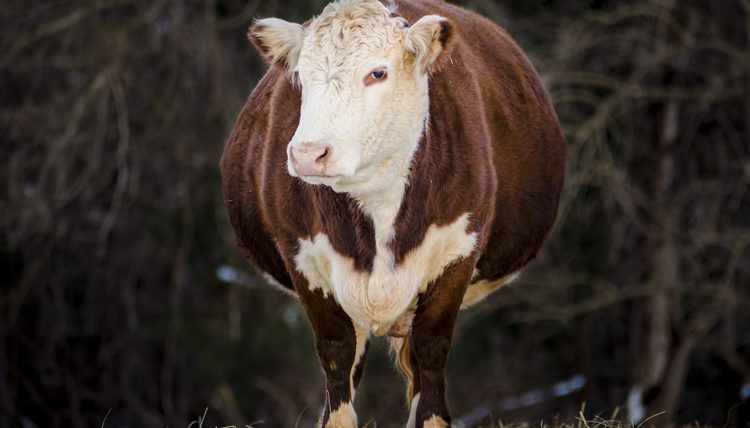
-
Geoffrey Joe wrote a new post 5 years, 10 months ago
Increasing the weight of a pig requires giving it the right food. If the pig doesn’t gain weight as fast you’d like, you should reduce its fiber intake while adding fat and sugar to its diet. Choosing the right […]
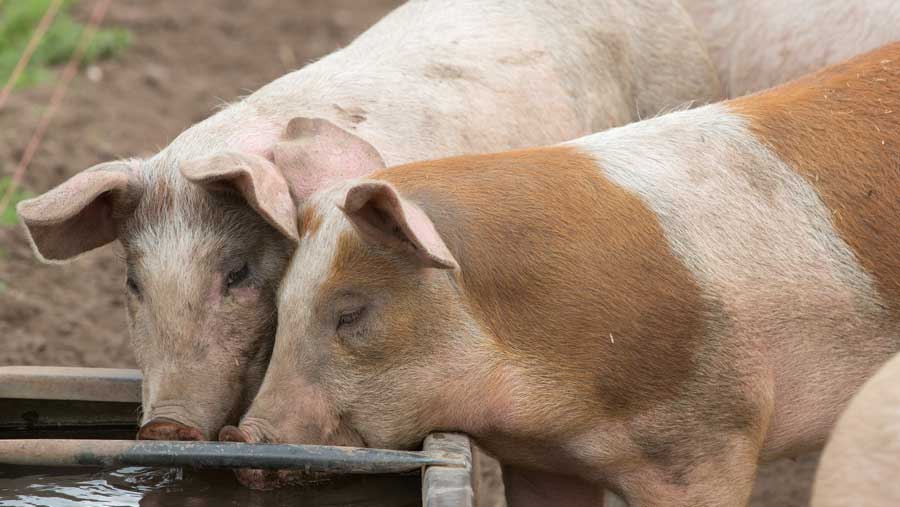
-
Geoffrey Joe wrote a new post 5 years, 10 months ago
At the beginning of lactation high yielding cows experience a sudden rise in demand for calcium to replace the large amount lost through milk. This may result in great decrease in blood calcium if the cow is not […]
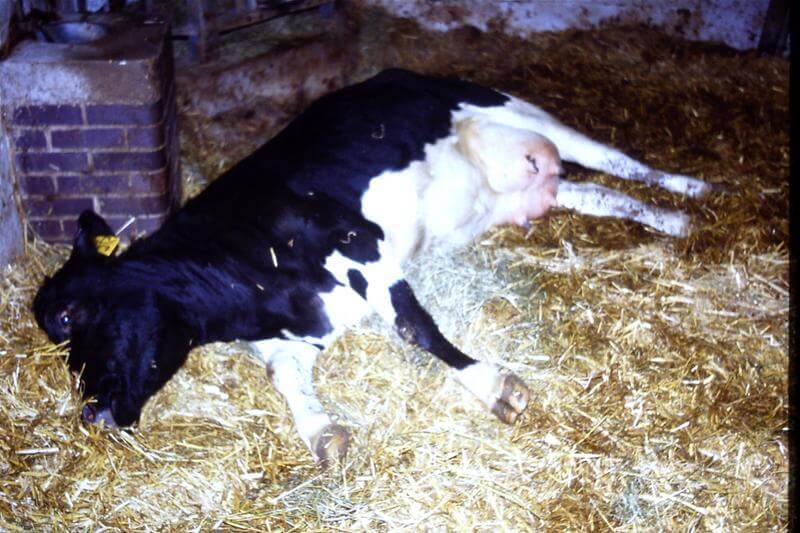
-
Geoffrey Joe wrote a new post 5 years, 10 months ago
There has been rapid global expansion of production and consumption of animal products which is expected to continue to grow.
While traditional livestock systems contribute to the livelihoods of 70 per cent of […]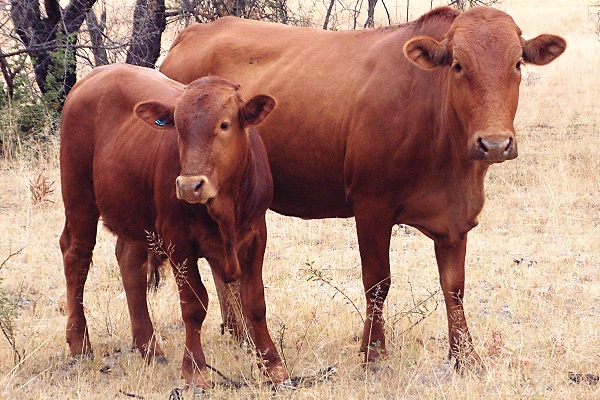
-
Geoffrey Joe wrote a new post 5 years, 10 months ago
Coccidiosis can cause debilitating diarrhea in calves; it often shows up in young, stressed calves or at weaning when calves are grouped and exposed to coccidia in a contaminated environment.
This intestinal […]
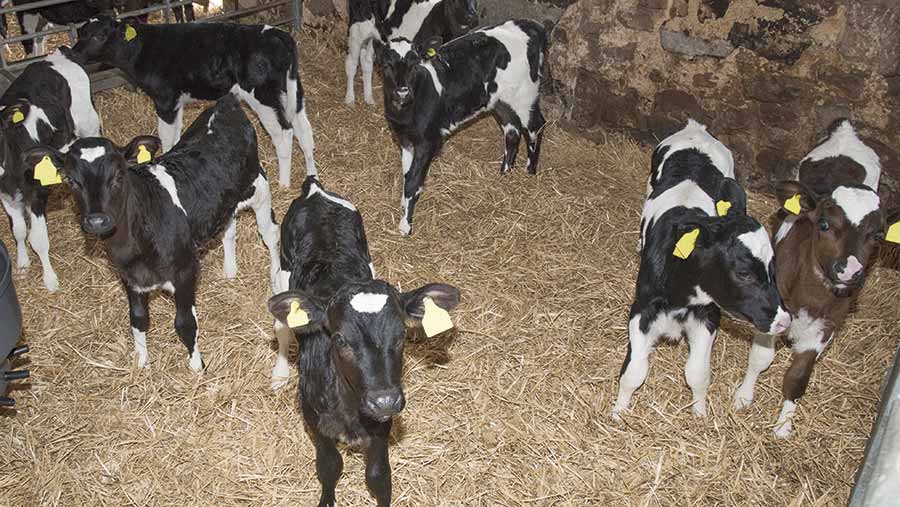
-
Geoffrey Joe wrote a new post 5 years, 10 months ago
Poultry farming has rapidly grown in the country and across the world, with thousands of people keeping birds for commercial purposes.
However, as the venture grows, consumer tastes are changing, with many now […]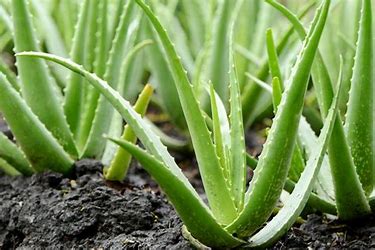
-
Geoffrey Joe wrote a new post 5 years, 10 months ago
Flies not only cause irritation, but can also transmit disease. This may happen either mechanically, as a result of picking up micro-organisms while feeding, or by being a biological vector – an intermediary h […]
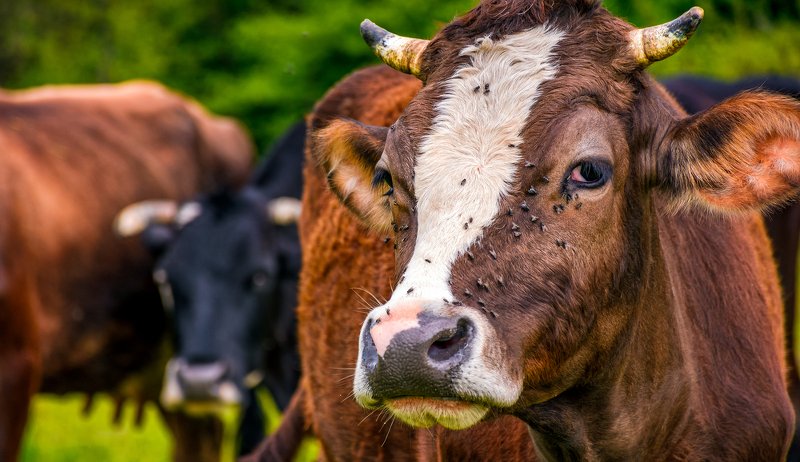
-
Geoffrey Joe wrote a new post 5 years, 10 months ago
Like all babies, lambs need lots of nourishment. But if a ewe won’t nurse her young, the baby’s death can occur fairly swiftly. Immediate action is necessary if the lamb isn’t allowed to nurse or the ewe can’t […]
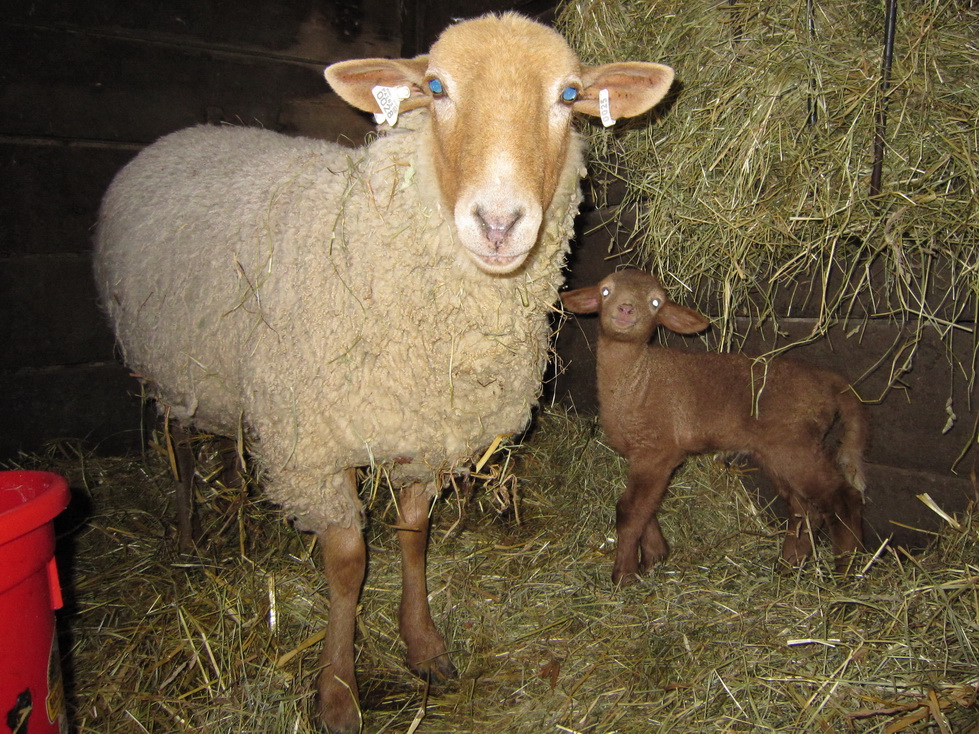
-
Geoffrey Joe wrote a new post 5 years, 10 months ago
In Nigeria, India, china, and some other parts of the world, the pervasive challenge linked with raising pigs (hogs) is keeping the odors from getting worse or probably eliminating them.Most of the questions […]
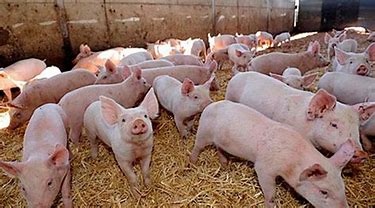
-
Geoffrey Joe wrote a new post 5 years, 10 months ago
Snakes are one of the deadly and ruthless predators of chickens. They can bite, kill and eat live chickens and also eat their eggs. It means that if a snake enters the pen of your chickens, the aftermath would […]
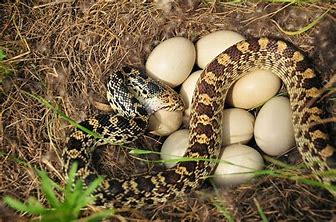
-
Geoffrey Joe wrote a new post 5 years, 10 months ago
Goats are hardy animals; they typically do not require much complicated husbandry. But they can become infested with a number of external parasites, including fleas and ticks. To keep goats healthy, inspect them […]
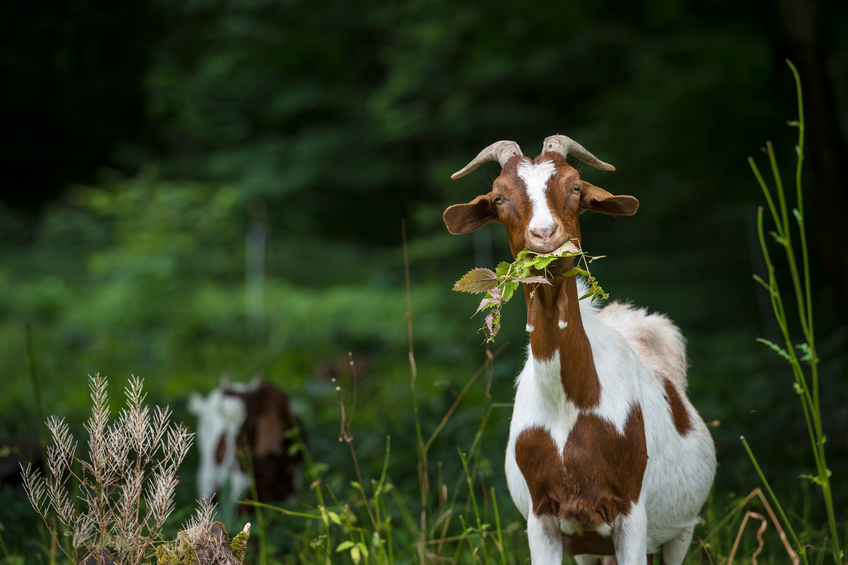
-
Geoffrey Joe wrote a new post 5 years, 10 months ago
When he opens the chicken house, you are welcomed by the sight of hundreds of brown layers, sitting in rows and rows of cages. While these look like any other layers, the owner of this farm, Geoffrey Ssemwanga, […]
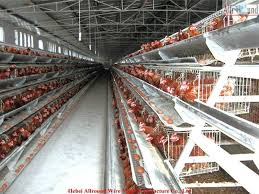
-
Geoffrey Joe wrote a new post 5 years, 10 months ago
Without correct feeding, a farmer won’t be able to run a profitable pig production business.
To raise healthy pigs, farmers must ensure that their animals receive a nutritious, well-balanced diet at every s […]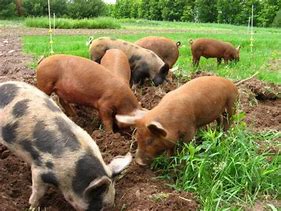
-
Geoffrey Joe wrote a new post 5 years, 10 months ago
Traditional methods of bee keeping are still predominant in Uganda where it remains an important seasonal activity in many regions. Rural people have a good knowledge of bees, plants and places favoured by bees […]
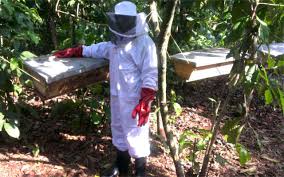
-
Geoffrey Joe wrote a new post 5 years, 10 months ago
Grass and other pastures are among the most commonly used animal feeds, largely due to its availability, especially in the wet season.
However, it is quite a task to cut the grass into small edible pieces by […]
-
Geoffrey Joe wrote a new post 5 years, 10 months ago
As of 1993, farming within urban areas was criminal. However, even when the city council authorities permitted vegetable growing, poultry farming and piggery was still unacceptable, owing to the stench.
The […]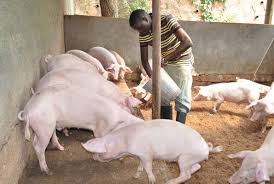
-
Geoffrey Joe wrote a new post 5 years, 10 months ago
Beef cows that have been underfed during gestation and lactation will be less productive than cows fed adequate diets.
“For adequate production, a beef cow’s daily ration must meet nutritional req […]

-
Geoffrey Joe wrote a new post 5 years, 10 months ago
Have you bred your buck and doe rabbits together? How can you know the breeding ‘took?’ Are there ways to know if she’s pregnant or not? And knowing these 5 clues becomes even more crucial if you suspect a […]
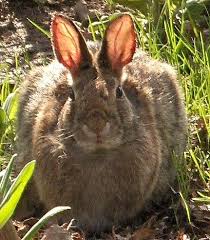
-
Geoffrey Joe wrote a new post 5 years, 10 months ago
Fowl Cholera is a serious, highly contagious disease caused by the bacterium Pasteurella multocida in a range of avian species including chickens, turkeys, and water fowl, (increasing order of susceptibility). It […]
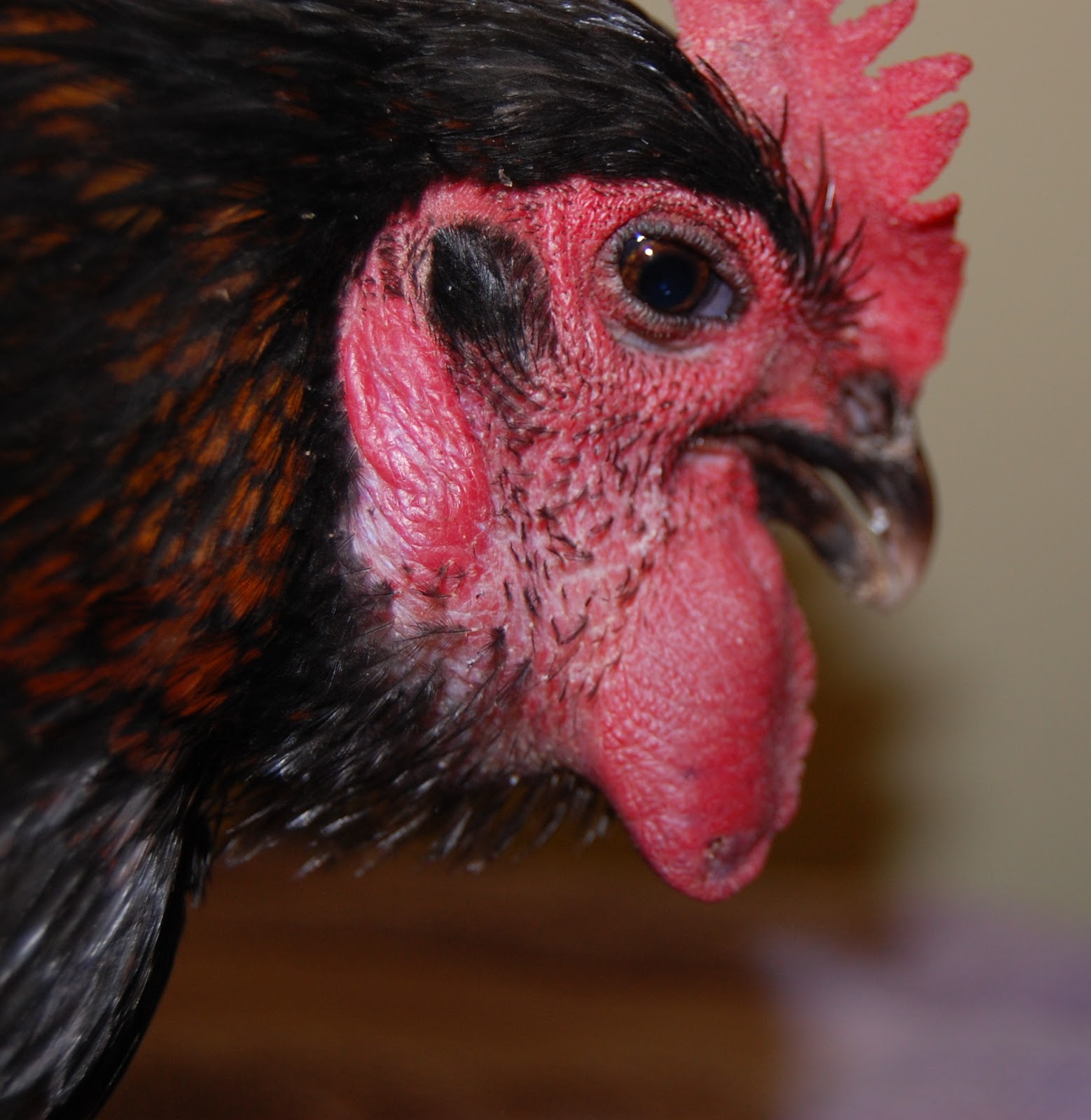
- Load More
